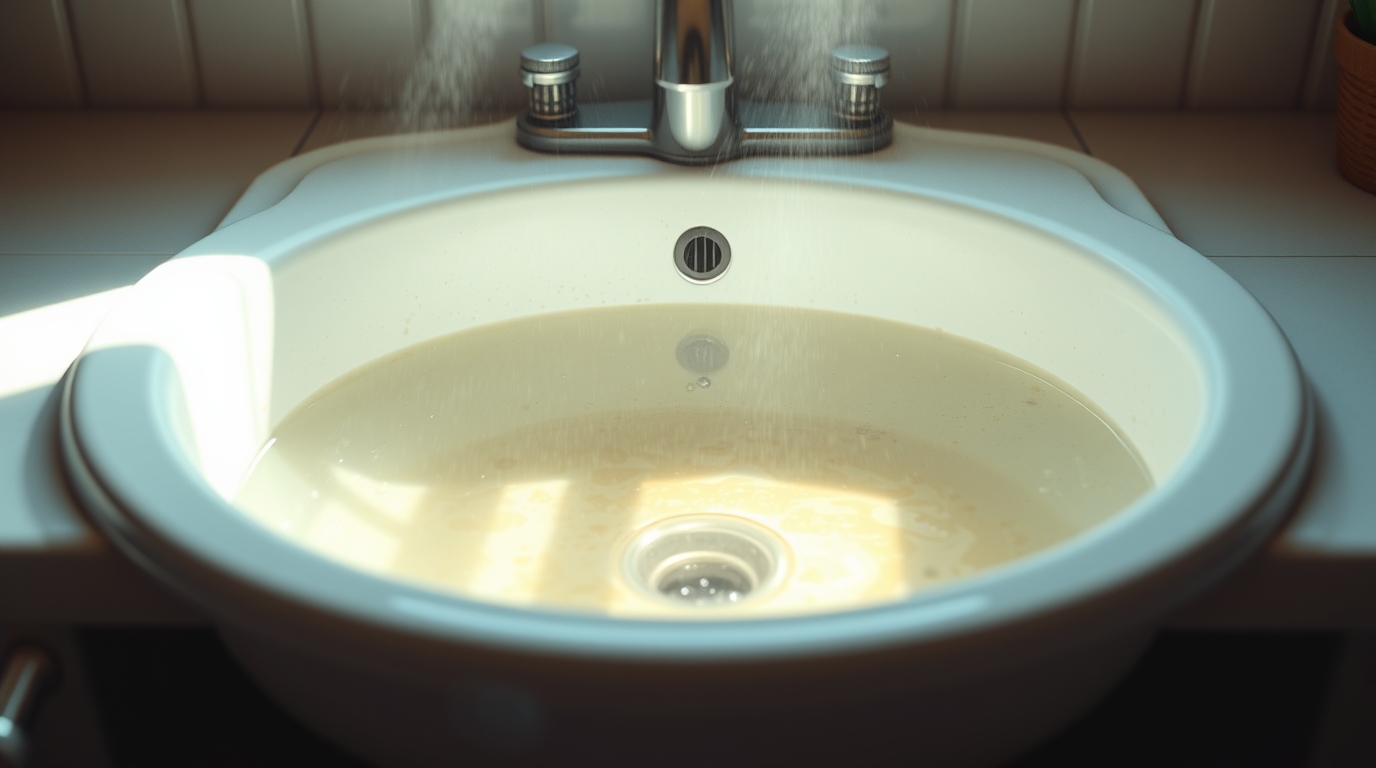
Learn how to unblock a sink naturally using simple, eco-friendly methods. No harsh chemicals needed! Discover easy DIY solutions for a clear drain.
How to Unblock a Sink Naturally
Identifying the Problem
Before you start pouring any solutions down your drain, it’s helpful to understand what’s causing the blockage. Common culprits include hair, grease, food scraps, and soap scum. Knowing this can help you choose the most effective natural method. Listen for gurgling sounds or slow drainage, these are tell-tale signs of a blockage. Try and remove any visible debris from the plug hole before proceeding with any of the methods outlined below.
Boiling Water
The simplest first step is often the most effective. Pour a kettle of boiling water directly down the drain. This can melt away grease and loosen some types of blockage. Be careful when using boiling water, especially with PVC pipes as it can sometimes damage them. If you have PVC pipes, let the water cool slightly before pouring it down the drain.
Bicarbonate of Soda and Vinegar
This classic combination is a safe and effective natural alternative to chemical drain cleaners. Pour about one cup of bicarbonate of soda down the drain, followed by one cup of vinegar. Let it fizz for 30 minutes (or even longer for stubborn blockages). The chemical reaction helps to dissolve the blockage. After the fizzing stops, flush the drain with hot (but not boiling for PVC pipes) water. You may need to repeat this process a couple of times for really tough clogs.
Bicarbonate of Soda and Salt
Another variation on the bicarbonate of soda method involves using salt instead of vinegar. Pour about half a cup of bicarbonate of soda followed by half a cup of salt down the drain. Leave it to sit for several hours, or even overnight. Then, flush with hot water. The salt acts as an abrasive, helping to dislodge debris.
Washing Up Liquid and Hot Water
For minor grease build-up, a squirt of washing up liquid followed by a good flush of hot water can sometimes do the trick. The washing up liquid helps to break down the grease, and the hot water washes it away.
Using a Plunger
A plunger is a simple but effective tool for dislodging blockages. Make sure there’s enough water in the sink to cover the cup of the plunger. Create a tight seal around the drain opening and plunge vigorously up and down. Repeat this process several times. The pressure can often dislodge the blockage.
Prevention is Key
Once you’ve unblocked your sink, take steps to prevent future blockages.
- Avoid pouring grease down the drain.
- Use a drain strainer to catch hair and food scraps.
- Regularly flush your drain with hot water.
- Occasionally use one of the natural unblocking methods as a preventative measure.
When to Call a Professional
If you’ve tried all the natural methods and your sink is still blocked, it might be time to call a professional plumber. There could be a more serious problem, such as a blockage further down the pipes, that requires specialised tools and expertise. Persistent blockages could also indicate a more serious plumbing issue that needs professional attention.
FAQ:
Q: How often should I clean my sink drain to prevent blockages?
A: Ideally, you should flush your drain with hot water at least once a week, and use a preventative cleaning method (like bicarbonate of soda and vinegar) every month or two.
Q: My sink smells bad as well as being blocked. Will these methods help with the smell?
A: Yes, many of these natural methods, especially bicarbonate of soda and vinegar, can help to neutralise odours in your drain.
Q: Are natural drain unblocking methods safe for all types of pipes?
A: Generally, yes, but boiling water can potentially damage PVC pipes. Use hot, but not boiling, water if you have PVC pipes. Always check manufacturer’s recommendations if you are unsure.
external_links:
- https://www.thespruce.com/how-to-unclog-a-sink-drain-1900483 – A guide on different sink unblocking methods.
- https://www.goodhousekeeping.com/home/cleaning/a23411/how-to-unclog-a-drain/ – Advice from Good Housekeeping on unclogging drains.
